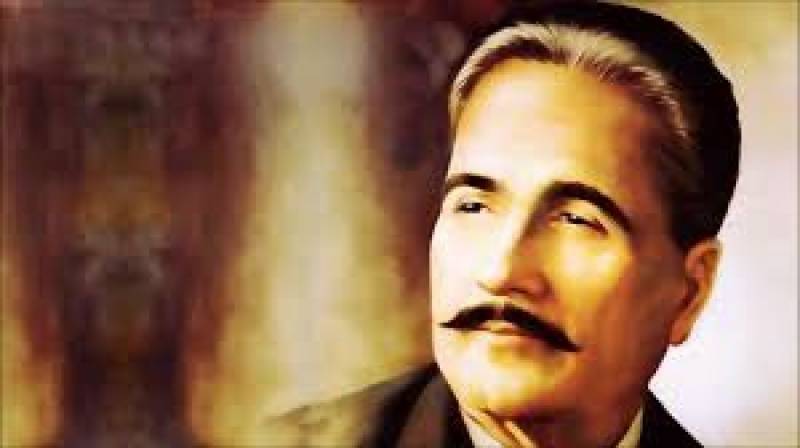In a controversial decision, the executive body of Delhi University has recently approved the removal of a chapter on Pakistan’s national poet, Muhammad Iqbal, from the political science syllabus. This move, which has sparked considerable debate and criticism, has raised concerns about prejudice and bias within the academic sphere. Let’s delve into the details surrounding this decision and its potential implications.
The Motion to Scrap Iqbal’s Chapter: A Prejudiced Move
The academic council of Delhi University, a governing body responsible for academic decisions, has voted in favor of eliminating the chapter titled ‘Modern Indian Political Thought’ from the book used in the Bachelor of Arts (BA) program. This chapter includes a section dedicated to Muhammad Iqbal, who is widely recognized as Pakistan’s national poet and is renowned for his composition of the famous song ‘Sare Jahan Se Acha.’
The decision to remove this chapter, which explores Iqbal’s contributions and ideas, has been met with mixed reactions. Critics argue that it reflects a prejudiced attitude and undermines the diversity of perspectives necessary for a comprehensive understanding of political thought. However, proponents of the decision maintain that it is essential to revise and update the syllabus to reflect a more inclusive and balanced curriculum.
Confirmation and Decision-Making Process
A member of the academic council has confirmed the development to the media, shedding light on the motivations behind this controversial decision. It is worth noting that the motion to remove the chapter on Iqbal has been approved by the academic council; however, the final decision rests with the university’s executive council (EC), which is scheduled to convene on May 9.
The Role of Iqbal: Writer, Thinker, and Catalyst for Pakistan**
Muhammad Iqbal, often regarded as Pakistan’s national poet, was an influential figure in the realm of literature, philosophy, and political thought. His poetic prowess and intellectual contributions have earned him widespread recognition. Iqbal’s notable composition, ‘Sare Jahan Se Acha,’ has become an enduring patriotic song, resonating with people across generations.
Additionally, Iqbal is credited with sowing the seeds of the idea that would eventually lead to the formation of Pakistan. His writings and speeches played a significant role in shaping the political landscape of the Indian subcontinent during the early 20th century. Iqbal’s vision for a separate Muslim state fostered a sense of identity and self-determination among the Muslim population, culminating in the establishment of Pakistan in 1947.
Controversy Surrounding the Removal
The decision to remove the chapter on Iqbal from the political science syllabus has not been without its fair share of controversy. Critics argue that it diminishes the significance of Iqbal’s contributions to political thought and undermines the study of diverse perspectives. They contend that Iqbal’s ideas and philosophies are of historical importance and should be part of a comprehensive curriculum.
On the other hand, proponents of the decision advocate for a more inclusive syllabus that encompasses a wider range of thinkers and ideologies. They argue that the removal of the chapter on Iqbal is a step towards rectifying a perceived imbalance and broadening the scope of political science education. However, it is crucial to strike a delicate balance between inclusivity and preserving historical relevance.
The Future of the Chapter on Iqbal
The final verdict on whether the chapter on Muhammad Iqbal will be permanently scrapped from the political science syllabus lies with the university’s executive council. As the EC convenes to discuss this matter, stakeholders from various academic backgrounds will closely monitor the outcome, as it may have far-reaching implications for the future of curriculum design and the study of political thought.
Conclusion
The decision to remove the chapter on Muhammad Iqbal from Delhi University’s political science syllabus has ignited a debate surrounding the boundaries of inclusivity and historical significance in education. While proponents argue for a more comprehensive and diverse curriculum, critics express concerns about the erasure of significant contributions to political thought. As the decision rests with the university’s executive council, the outcome will shape the educational landscape and influence the study of political science in the years to come.




